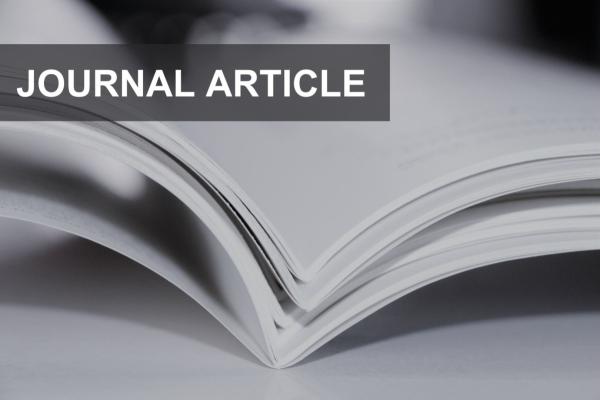
peer reviewed
DOI: https://doi.org/10.1016/j.forpol.2024.103227
This article studies the notion of Sumak Kawsay as an Indigenous way of life and political project informing the normative fundament of the plurinational state of Ecuador. How does Sumak Kawsay shape the relationship between bio-based practices in Kichwa territories of Ecuador and the country's emerging bioeconomy policy? To address this question we study the production of two culturally meaningful products with an agroforestry base in two Kichwa territories. We find that Andean and Amazonian communities draw diversely on the principles of Sumak Kawsay to enhance bio-based systems of production combining ancestral knowledges and semi-industrial technologies. The latter are grounded in harmony-oriented values including economic goals, political visibility, and community-led practices. In the case of Chicha de Jora, bio-based production is linked with food sovereignty and women's political agency. In the case of Guayusa, the export of tea relates to Indigenous peoples' right to assert greater economic visibility in the Ecuadorian Amazon. This shows that neither modern/Western technologies and bioeconomy concepts, nor profits and markets per se, collide automatically with ancestral knowledges and bio-based practices in Indigenous territories. In the plurinational state of Ecuador, therefore, it is imperative that the country's bioeconomy policy is guided by these principles and experiences. This implies the move from a (top-down) state-driven towards a (bottom-up) transcultural approach to bioeconomy governance within the Earth's biophysical limits.
